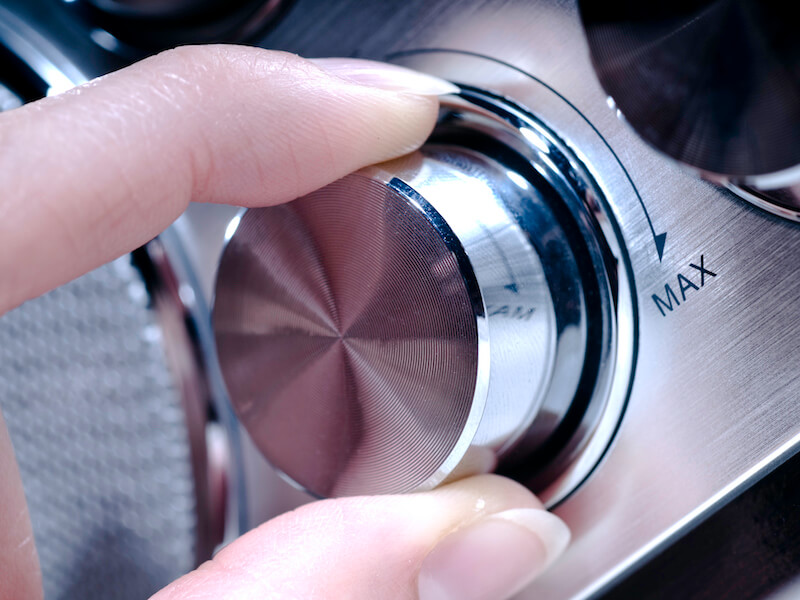
Sometimes, it’s easy to know when you need medical advice. When you break a bone, for instance, you know you should go to the doctor (or the emergency room, depending on the situation). With scenarios like this, simply “toughing it out” isn’t a possibility. If you want your bones to mend properly, you need to get them taken care of as soon as you can.
It isn’t always that obvious when it comes to hearing aids, however. Hearing loss is normally a developing condition. This means knowing when to get treatment for hearing loss can be tricky.
That’s why it’s a good plan to keep an eye out for some particular signposts that you may be losing your ability to communicate. It’s likely time to call us for a consultation if you do notice any.
Hearing loss and hearing aids
Hearing aids are the primary form of treatment for hearing loss. But everybody who has some degree of hearing loss won’t necessarily need hearing aids. Hearing aids won’t always be beneficial in cases of mild hearing loss. Consequently, we might want you to wait before beginning to use them. It’s also feasible that we could direct you to only wear your hearing aids when you’re in particular situations.
In other words, the threshold for needing hearing aids isn’t always a hearing loss diagnosis.
However, hearing aids will be the best option in many circumstances. Many individuals won’t get their hearing loss diagnosed until it becomes more serious because hearing loss progresses slowly and frequently goes unnoticed for a while. Getting your hearing tested regularly is the key to catching hearing loss early and possibly mitigating the need for hearing aids.
So how will you know if you have hearing loss?
Indications you need a hearing aid
Hearing loss is one of those conditions that can cause immediate communication problems. But a lot of times you don’t even realize that hearing loss is the reason for those communication issues. So, when is it time for a hearing aid?
Look out for these indicators:
- You have trouble understanding what people are saying: Many individuals feel like the overall volume of life is fine so they never consider that they might have hearing loss. But the thing about hearing loss is that particular frequencies of sound tend to go before others. Which means that the vast majority of sounds might seem normal but things in the high frequencies (like particular vowels) will be distorted. As a result, you may have a tough time making out what people are saying to you.
- You listen to the radio or TV at really loud levels: Hearing loss could be the cause if you continuously need to turn the volume of your devices up. This is particularly true if you keep moving that volume knob higher (and even more especially relevant if the people around you complain about how loud your media is).
- When you’re in noisy settings, you have a tough time following conversations: When people ask, “What are the signs of hearing loss?”, this one is almost always mentioned. One of the surest indications of hearing loss is that you have difficulty following conversations in noisy settings, like bars or restaurants. This occurs because your ears are not getting as much information as they used to, and your brain isn’t really capable of filling in the gaps very easily. Lots of conversations get muddled because of this.
- Phone conversations sound muffled: Voices typically sound a bit flat on even high-quality phone speakers. That can make it difficult to understand, particularly if you have hearing loss. It can be really challenging to hear voices as an outcome of the loss of these frequencies.
So how should you deal with it?
When you break your leg, it’s obvious what to do: you go see the doctor! But what do you do when you begin to notice the symptoms of hearing loss? How severe does hearing loss need to be to call for a hearing aid? That’s not a very easy answer but you should schedule an appointment with us for a hearing assessment if you start to experience any hearing loss symptoms. We’ll be able to assess the health of your hearing and determine just how severe your hearing loss may or may not be.
A hearing screening will also help you get the optimal hearing aids for your requirements if you do indeed need hearing aids. Then you will be able to get back to taking pleasure in good conversations with your friends and family members and doing the things you love.
Contact us to schedule your hearing exam, we can help you understand if you’re suffering from hearing loss.

